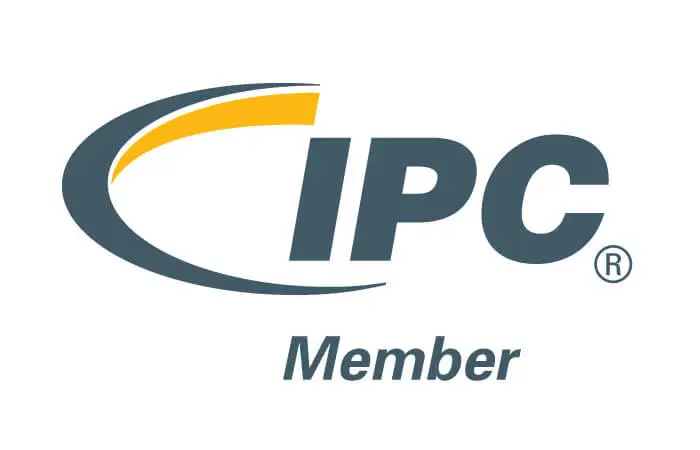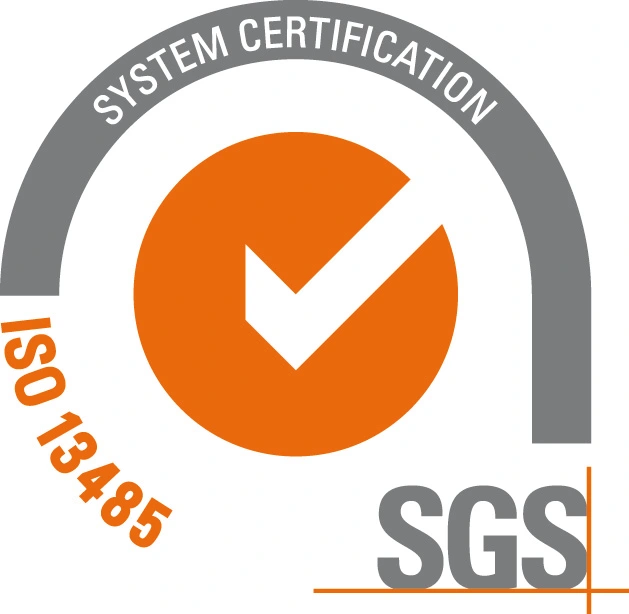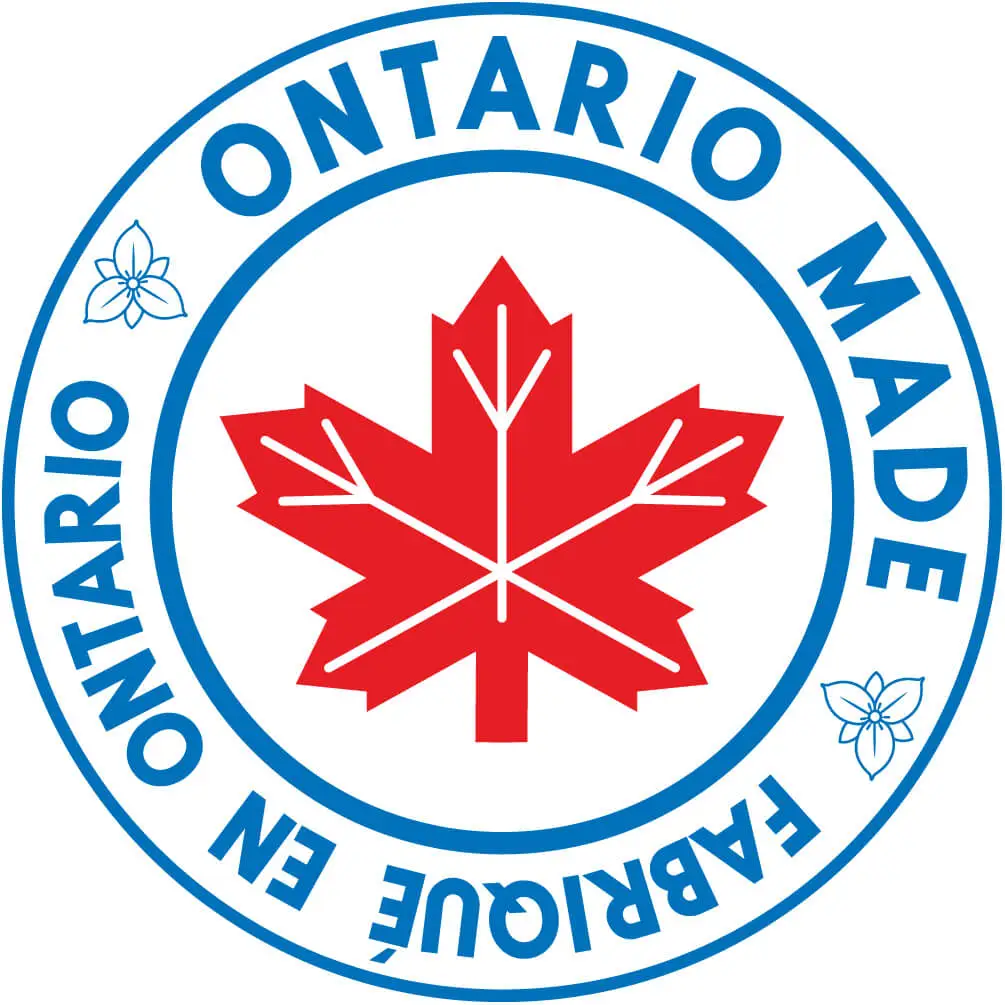TURN-KEY PCB ASSEMBLY: BITTELE ELECTRONICS
PCB MANUFACTURING AND ASSEMBLY
Full Turn-Key PCB Manufacturer
You can quickly get quotes and order PCB fabrication and assembly using our online system. Take advantage of exclusive automatic discounts with our tool. Our BOM pricing tool ensures you receive the lowest price for your order.
START A TURN-KEY PCB ORDER
PCB Services for Medical Devices - Medical PCBs
Bittele Electronics provides printed circuit board (PCB) fabrication and assembly services for a wide range of clients for uses in many different industries. To name a few, our circuit boards are used in a variety of communications, agricultural, construction, technology, and very importantly, medical industries. Our boards are an essential part of the development and implementation of the devices needed that fuel these different types of industries.
With the rapidly growing technology and advances in our medical industry, many of the machines and tools that our doctors and nurses use in our hospitals and clinics rely on the implementation of medical PCBs in their manufacturing. The boards serve as the brains that allow those machines to function and, in turn, save lives. They are critical in healthcare, and as innovation and progress into the future continue, diagnostics, treatments, and research strategies are relying more and more towards automation.
There is no denying the huge role that PCBs play in medicine and healthcare. They are critical for devices such as ventilators, medical imaging such as MRIs, X-rays, CT (computerized Axial Tomography) Scans and even ultrasound equipment. Any monitoring device or temperature sensing device relies on the constant use of fully assembled medical circuit boards. Heart monitors, pacemakers, bodily temperature monitors and blood pressure monitors are a few examples of standard medical equipment, and all of them rely on PCBs to function.
All medical devices sold in the United States are regulated by the Food and Drug Administration (FDA), and they must meet their regulations. As such, any company that produces and distributes medical equipment must adhere to the ISO 13485:2016 standards. Bittele Electronics is ISO-9001 certified. This is the international standard that provides specifications for a quality management system that can be applied at any organization regardless of industry, service or product or even company size. The primary difference between the two ISO standards for medical devices is the scope of these quality standards. ISO 13485 is a comprehensive management system specifically for the manufacture of medical devices, and with less flexibility (than ISO 9001), it places a greater focus on regulatory compliance.
What does this mean for our clients? While Bittele Electronics is not a medical-specific manufacturing company, the processes that we use when fabricating your bare circuit boards and the processes used to assemble them guarantee that they can be, and are being used in medical equipment used around the world today. As a testament to our quality management, we offer both Class II and Class III, high-quality PCB fabrication and high-quality assembly services to suit your needs. This ensures that your finished product will always meet the required standards after implementing our boards. Medical equipment also falls into Class 1, 2 or Class 3 categories. The class depends on the risk involved to the user under regular operation. Class 1 devices have minimal risk (like a simple thermometer), class 2 has moderate to high risk (such as powered wheelchairs), while class 3 would have the highest risk (like an implantable pacemaker). Since Class 3 medical devices pose greater risks for injury (or even death), the PCBs required to make the device may have stricter regulatory compliances (thus increasing the chances that Class III PCB fabrication and assembly would be necessary) as these devices are expected to perform at all times.
Related Articles:
Please briefly describe the information you are seeking in the search bar below.






 English
English